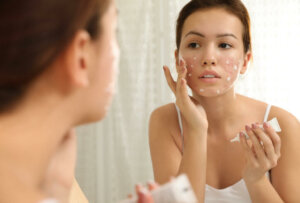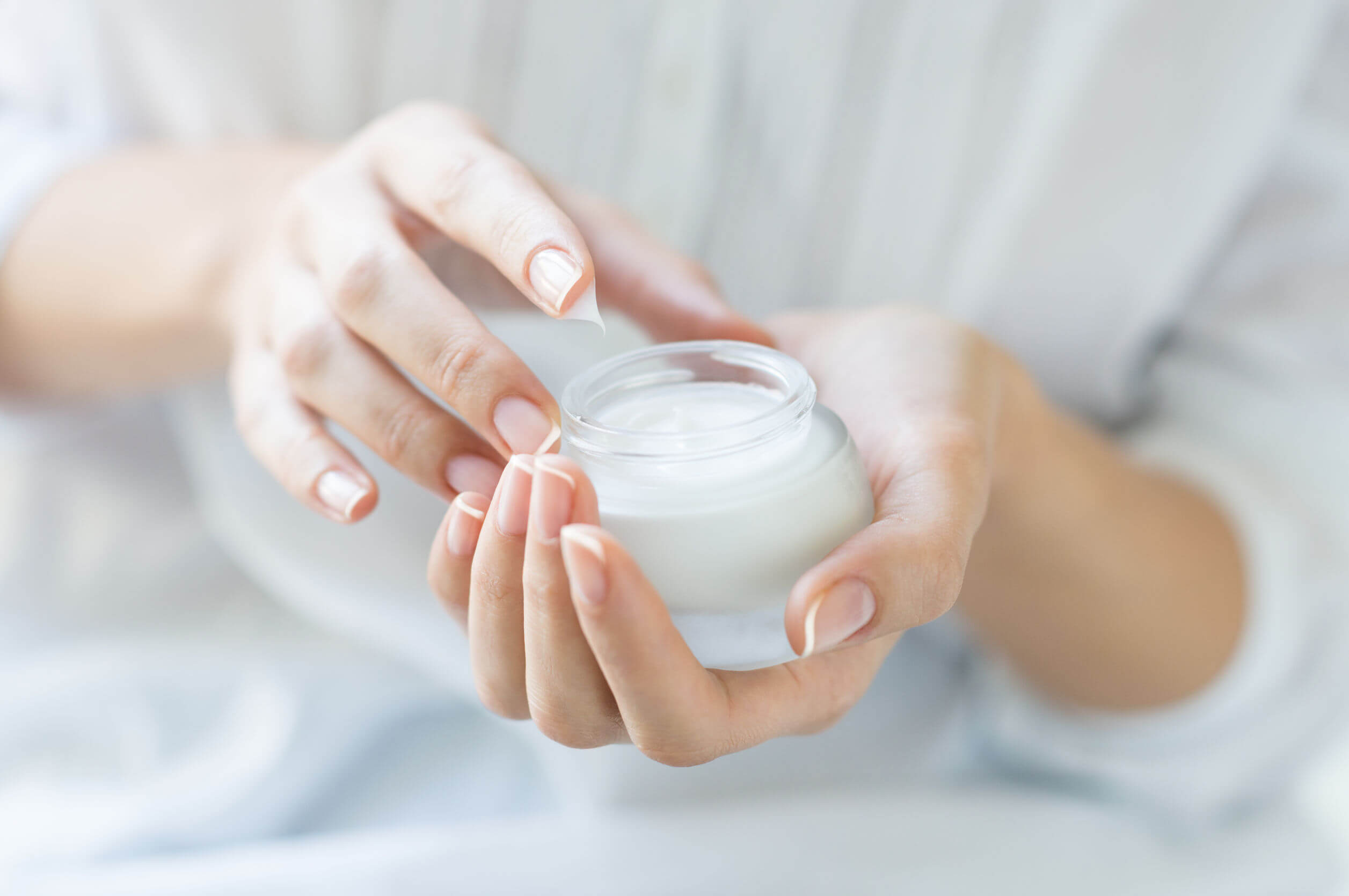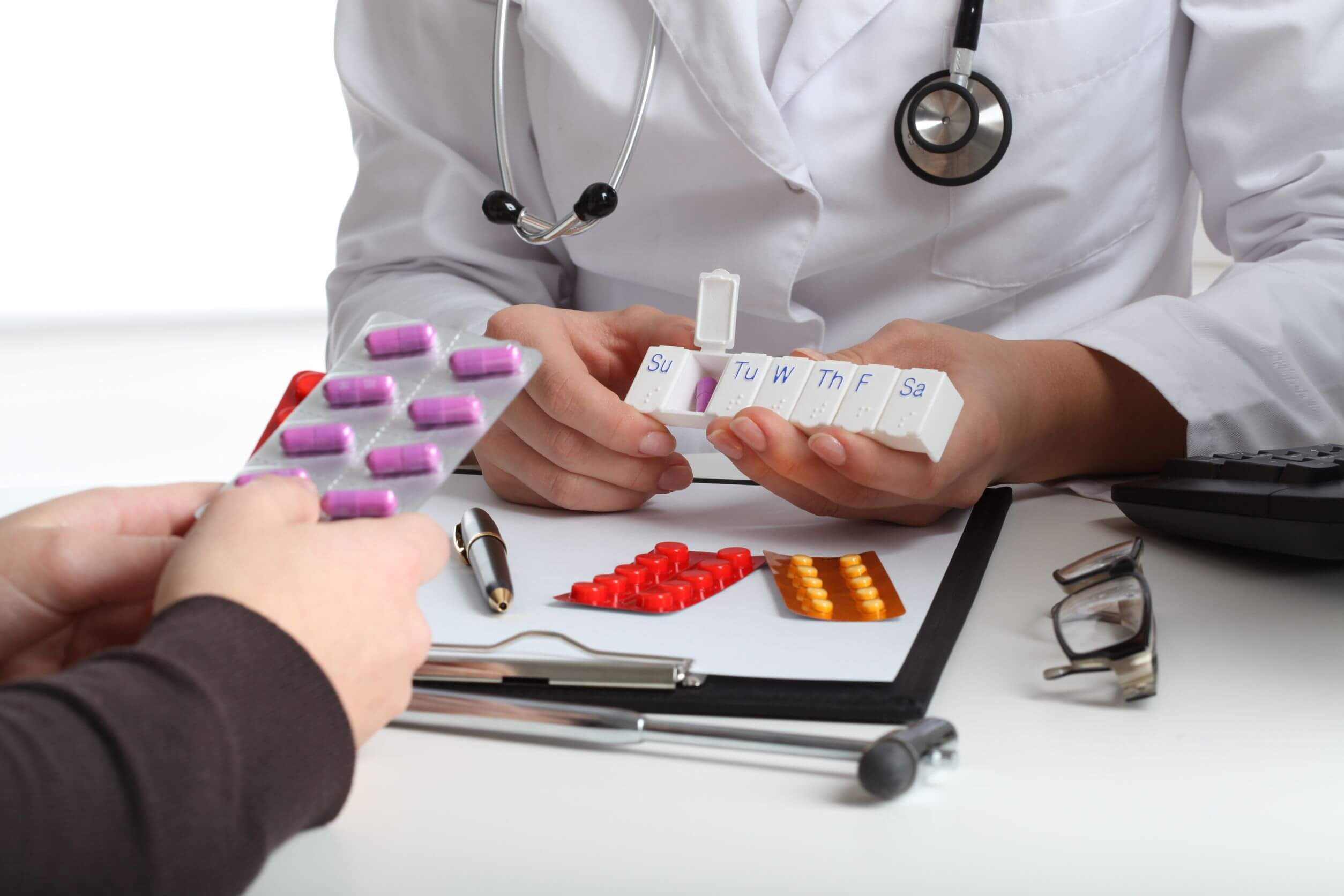What Does Acne Treatment Involve?

Acne is one of the most frequent reasons for consultation in the area of dermatology. In the vast majority of cases, besides the diagnosis, what patients want is to find the acne treatment that best suits their case. Especially for aesthetic reasons.
While there are patients who go to a consultation to treat their acne in the most suitable way from its first manifestation, others come to consultation when they’ve already tried various alternatives that haven’t given them the results they wanted.
Let’s see below what the acne treatment prescribed by a dermatologist can include.
General considerations regarding acne treatment
As stated in a recent update on the treatment of acne, this is mainly oriented toward “reducing or eliminating lesions, improving discomfort and the physical appearance of the patient, avoiding relapses, preventing the appearance of scars and hyperpigmentation, reducing the psychological impact, and improving their quality of life.”
For this, the use of over-the-counter products, topical medications, oral medications, or even some procedures is considered.
Over-the-counter products

There are a number of over-the-counter topical products to treat acne. However, most of the people who decide to use them on their own are unaware of their composition and acquire them with little knowledge or advice from a pharmacist. Therefore, the products don’t always give them all the benefits they want.
Always keep in mind that acne is a complex problem. In most cases, it doesn’t have a single cause but several, and it’s not until these are properly addressed that the skin shows improvement.
For example, if the acne is linked to an untreated thyroid problem, even when the person applies the right cleanser and protects themself from the sun, the acne will still be there in one form or another.
To find the right product, in addition to consulting a dermatologist, it’s best to take into account the composition of the acne treatment products. These usually include the following:
- Glycolic acid: Exfoliates and helps regenerate the skin
- Salicylic acid (0.5 to 2%): Acts mainly as an exfoliator
- Benzoyl peroxide (2.5 to 10%): Helps clean the follicles and introduces oxygen into the pores.
Over-the-counter products are often helpful for mild acne and moderate breakouts, but they don’t exempt you from making at least one visit to a dermatologist.
For people who don’t know their skin type and tend to suffer from dryness, redness, or other discomforts when changing products, it’s best to check before applying any product.
Topical medications
Depending on the underlying cause of acne and the condition of the skin, acne treatment may include some topical medications (for specified periods of time and in varying concentrations):
- Azelaic acid
- Benzoyl peroxide
- Topical retinoids
- Topical antibiotics (such as erythromycin)
- A combination of the above
Oral medications for acne treatment

Depending on what your dermatologist considers appropriate, they may prescribe certain medications to treat acne. Therefore, in some cases, the treatment could include antibiotics or isotretinoin, while in others, it could include hormonal medications combined with topical medications. There’s no universal treatment that applies to all cases of acne.
Procedures
As the MSD Manual indicates, chemical peels, phototherapy, and microdermabrasion are procedures that can be used to treat acne. Other procedures are corticosteroid injections and acne surgery.
Final Recommendations regarding acne treatment
If you suffer from this condition and haven’t yet received a specific acne treatment, don’t hesitate to go to a dermatologist. The professional will evaluate your case and tell you what treatment is best for you and why. Once you have all the guidelines, apply them in your day-to-day life and try to improve your self-care routine. Generally, this usually involves the following:
- The use of products appropriate to your type of skin (cleansers, makeup, sunscreen, creams, scrubs, etc)
- Hydration (both of the skin -through creams or lotions- and of the body in general -through the consumption of water)
- The number of times you wash your face (which shouldn’t be excessive, as this is counterproductive)
- The use of sunscreen on a daily basis (which must also always be according to the type of skin you have)
Although there are still conflicting opinions on the relationship between diet and acne, there are skin specialists who consider that it’s worth improving eating habits to promote greater health (in holistic terms, not just of the skin).
In any case, it’s always best to maintain a balanced diet according to the needs of the body, in which priority is also given to fresh foods with high nutritional value (such as vegetables, fruits, and others).
At the same time, it would be advisable to minimize the consumption of ultra-processed foods and other foods that are high in saturated fat, sugar, and other elements that aren’t nutritious.
It’s not a good idea to eliminate foods (such as dairy) from your diet without the authorization of a doctor, as this could promote decompensation and other health problems. Instead, you could ask your doctor or nutritionist how to reduce – in a healthy way – dairy consumption in order to alleviate acne.
In short, acne treatment must always be carried out in accordance with the dermatologist’s guidelines, within a healthy lifestyle.
Acne is one of the most frequent reasons for consultation in the area of dermatology. In the vast majority of cases, besides the diagnosis, what patients want is to find the acne treatment that best suits their case. Especially for aesthetic reasons.
While there are patients who go to a consultation to treat their acne in the most suitable way from its first manifestation, others come to consultation when they’ve already tried various alternatives that haven’t given them the results they wanted.
Let’s see below what the acne treatment prescribed by a dermatologist can include.
General considerations regarding acne treatment
As stated in a recent update on the treatment of acne, this is mainly oriented toward “reducing or eliminating lesions, improving discomfort and the physical appearance of the patient, avoiding relapses, preventing the appearance of scars and hyperpigmentation, reducing the psychological impact, and improving their quality of life.”
For this, the use of over-the-counter products, topical medications, oral medications, or even some procedures is considered.
Over-the-counter products

There are a number of over-the-counter topical products to treat acne. However, most of the people who decide to use them on their own are unaware of their composition and acquire them with little knowledge or advice from a pharmacist. Therefore, the products don’t always give them all the benefits they want.
Always keep in mind that acne is a complex problem. In most cases, it doesn’t have a single cause but several, and it’s not until these are properly addressed that the skin shows improvement.
For example, if the acne is linked to an untreated thyroid problem, even when the person applies the right cleanser and protects themself from the sun, the acne will still be there in one form or another.
To find the right product, in addition to consulting a dermatologist, it’s best to take into account the composition of the acne treatment products. These usually include the following:
- Glycolic acid: Exfoliates and helps regenerate the skin
- Salicylic acid (0.5 to 2%): Acts mainly as an exfoliator
- Benzoyl peroxide (2.5 to 10%): Helps clean the follicles and introduces oxygen into the pores.
Over-the-counter products are often helpful for mild acne and moderate breakouts, but they don’t exempt you from making at least one visit to a dermatologist.
For people who don’t know their skin type and tend to suffer from dryness, redness, or other discomforts when changing products, it’s best to check before applying any product.
Topical medications
Depending on the underlying cause of acne and the condition of the skin, acne treatment may include some topical medications (for specified periods of time and in varying concentrations):
- Azelaic acid
- Benzoyl peroxide
- Topical retinoids
- Topical antibiotics (such as erythromycin)
- A combination of the above
Oral medications for acne treatment

Depending on what your dermatologist considers appropriate, they may prescribe certain medications to treat acne. Therefore, in some cases, the treatment could include antibiotics or isotretinoin, while in others, it could include hormonal medications combined with topical medications. There’s no universal treatment that applies to all cases of acne.
Procedures
As the MSD Manual indicates, chemical peels, phototherapy, and microdermabrasion are procedures that can be used to treat acne. Other procedures are corticosteroid injections and acne surgery.
Final Recommendations regarding acne treatment
If you suffer from this condition and haven’t yet received a specific acne treatment, don’t hesitate to go to a dermatologist. The professional will evaluate your case and tell you what treatment is best for you and why. Once you have all the guidelines, apply them in your day-to-day life and try to improve your self-care routine. Generally, this usually involves the following:
- The use of products appropriate to your type of skin (cleansers, makeup, sunscreen, creams, scrubs, etc)
- Hydration (both of the skin -through creams or lotions- and of the body in general -through the consumption of water)
- The number of times you wash your face (which shouldn’t be excessive, as this is counterproductive)
- The use of sunscreen on a daily basis (which must also always be according to the type of skin you have)
Although there are still conflicting opinions on the relationship between diet and acne, there are skin specialists who consider that it’s worth improving eating habits to promote greater health (in holistic terms, not just of the skin).
In any case, it’s always best to maintain a balanced diet according to the needs of the body, in which priority is also given to fresh foods with high nutritional value (such as vegetables, fruits, and others).
At the same time, it would be advisable to minimize the consumption of ultra-processed foods and other foods that are high in saturated fat, sugar, and other elements that aren’t nutritious.
It’s not a good idea to eliminate foods (such as dairy) from your diet without the authorization of a doctor, as this could promote decompensation and other health problems. Instead, you could ask your doctor or nutritionist how to reduce – in a healthy way – dairy consumption in order to alleviate acne.
In short, acne treatment must always be carried out in accordance with the dermatologist’s guidelines, within a healthy lifestyle.
- Arias-Gómez MI, Chías-Rubí AE, Adame-Miranda GJ. La importancia de la dieta en el acné. Dermatol Rev Mex. 2019;63(Supl. 1):S3-S17.
-
“Eritromicina. Descubrimiento, Características y Aplicaciones | Offarm.” n.d. Accessed May 31, 2021. https://www.elsevier.es/es-revista-offarm-4-articulo-eritromicina-descubrimiento-caracteristicas-aplicaciones-13026500.
-
Varios. 2019. “Tratamiento Del Acné.” Boletín Terapéutico Andaluz 34 (4): 38–48.
Este texto se ofrece únicamente con propósitos informativos y no reemplaza la consulta con un profesional. Ante dudas, consulta a tu especialista.







